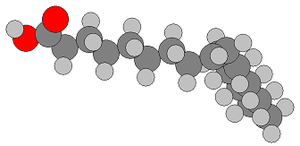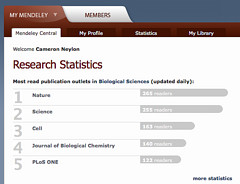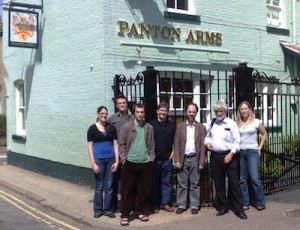
Image via Wikipedia Peter Murray-Rust has sparked off another round in the discussion of the value that publishers bring to the scholarly communication game and told a particular story of woe and pain inflicted by the incumbent publishers. On the day he posted that I had my own experience of just how inefficient and ineffective our communication systems are by wasting the better part of the day trying to find some information.





